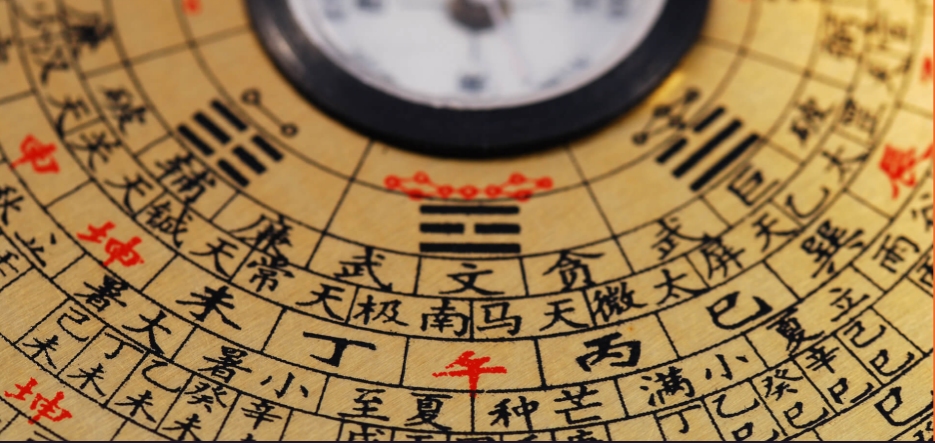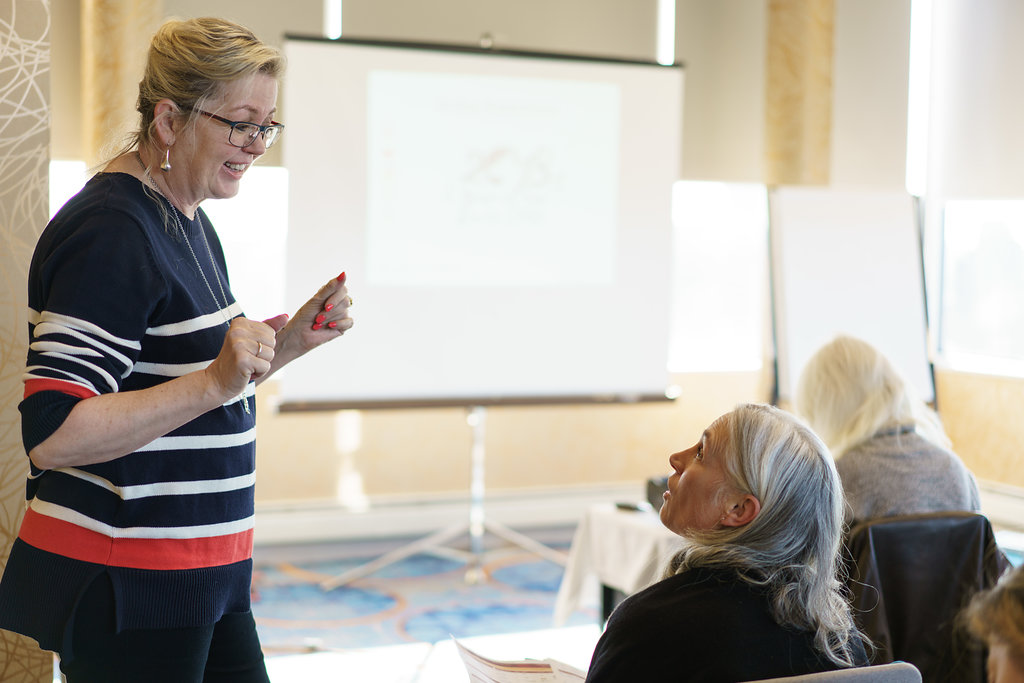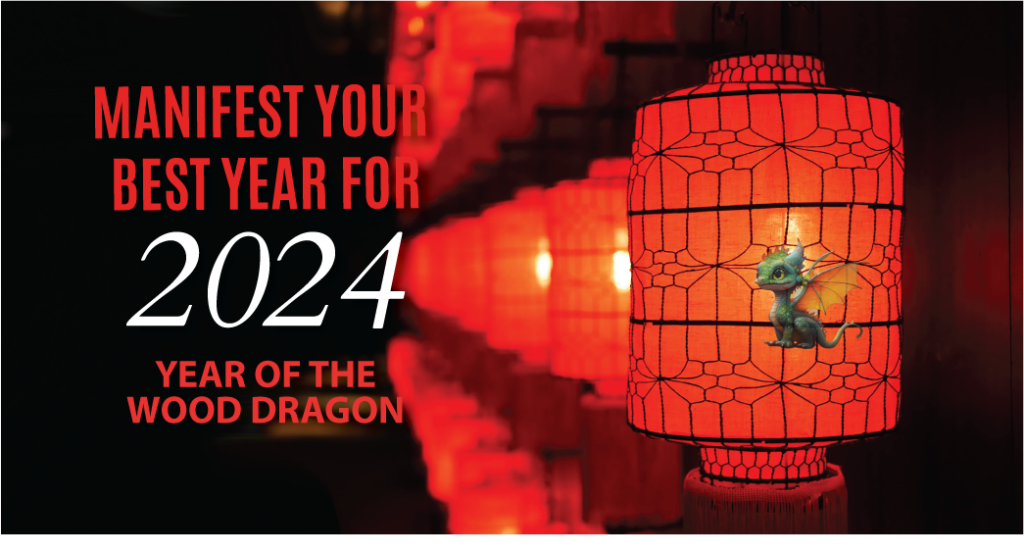Just what does it mean to be a Master of Feng Shui?

Many people in the west have come to know that a Master of Feng Shui is someone who has deep knowledge of their subject after having taken formal training with a Master.
But did you know that traditionally, the title of Master of Feng Shui was one that passed on from the Master to their student after a certain level of knowledge and experience was achieved?
Not all teachers are considered Masters. Not all students were bestowed with such honour. Some students did not choose the title for themselves.
However, in the west, we don’t have such a close reading of this tradition. Because Feng Shui does not have any regulatory bodies, this title does not always indicate what we think it does. And, you may be surprised to learn, not all Masters use their title. In this case, think Joey Yap.
So how do we decide who to study Feng Shui with?
I’ve created this list of questions to empower the beginner when making their choice:
1. Which of the top 10 Masters in the world have they trained with?
Typically, a Master will have trained with at least one other Master. Some have trained with more than one. There is so much information to know, and while all Masters are familiar with all Feng Shui concepts, they will have their areas of deep concentration. You may want to move around to get that kind of breadth and depth. As a master has trained with at least one master for many years, I am more the exception at having trained with so many.
2. How much time did the Master spent with each Master training?
Was their training a number of weeks or just a day workshop? This makes a difference. Day workshops are great to get overall knowledge, and are an excellent way to find out if you click with your Master. The Master and Student relationship is built on trust so it can be very useful to experience your Master’s teaching style before committing. Booking a consultation or a 1:1 tutorial can also help you decide if a Master is right for you.
3. Does the Master use a compass? Does the Master ask for your birthdate?
Classical Feng Shui, or what I fondly call “real Feng Shui” requires the use of a compass and grids. These are the tools to measure the home, office, or building and to get accurate readings to leverage Qi (energy) in aid of your goals. On the other hand, New Age Feng Shui uses trinkets and intuition and is not recognized by the Masters as being authentic. People have energy too, classical Feng Shui incorporates the information from a person’s chart into the Feng Shui consultation.
4. Does your Master focus on how a room “feels” or do they ask you for your specific goals?
Feng Shui is primarily a tool to help people reach their goals. 30% of your success can be attributed to cultivating energy that supports your goals. Your Master should be using this language.
Are you looking to make some impactful and lasting changes to your life? Whether your goals are business growth, career related or relationship centred, Qi can be leveraged by using Classical Feng Shui as a tool to help you get there. Or, if you’re curious about becoming a Classical Feng Shui practitioner, I invite you to come train with me.
In a few weeks, I will be opening up enrollment for the East West Academy Feng Shui Certification Program. Our Mastery Courses will teach you strategic skills that give you an advantage in today’s world. Download the syllabus from our website today.





[…] is just a brief overview of the principles and practice that I teach in our Feng Shui courses. As I mention in this week’s blog post, registration for our East West Academy Mastery Courses will be opening […]